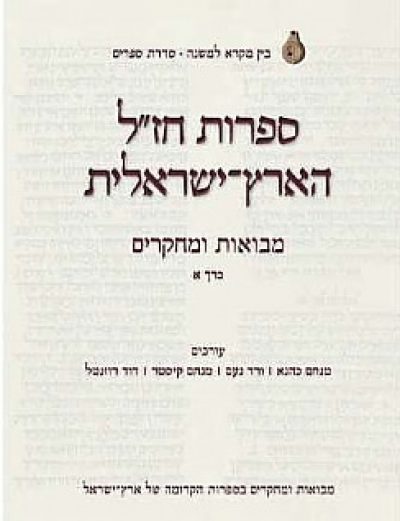Kashrut is the term for the Jewish dietary laws. Torah law enumerated several basic prohibitions of certain food and these were further elaborated by the rabbis (s.v. rabbi, sages). The word kosher means “fit” or appropriate. Kosher foods are appropriate and hence permitted to Jews.
Deuteronomy (chap. 14) includes some lists of forbidden animals (e.g. camel and pig) and includes some rules for determining which animals are kosher. Mammals must have split hooves and chew their cud, characteristics that are found in most animals commonly raised for food (e.g. cows and sheep). Fish must have fins and scales, which includes most common fish but excludes shellfish. Prohibited birds are listed but permitted birds are known only by oral traditions. Common fowl, such as chicken, are kosher. All fruits and vegetables are kosher but they must be free of insects, which are themselves unkosher.
Shehita – Slaughter
Mammals and fowl must be ritually slaughtered by a qualified shohet who must use a specially sharp and smooth knife and kill the animal by rapidly cutting the trachea and esophagus. Before the animal is slaughtered the shohet must recite a blessing. (Blessed are you God … who has commanded us regarding shehita.) After the slaughtering the animal is hung so as to drain the blood. Jews are forbidden to consume the blood of mammals and fowl– this is the only aspect of the laws of kashrut for which the Torah gives a reason: “For the life of the flesh is in the blood … No person among you shall partake of blood.” (Lev. 17:11-12)
An animal not properly slaughtered is called a treifa. As a result the term for things not kosher is treif.
Milk and Meat
It is not only the ingredients that determine what foods are kosher; the method of preparation is also crucial. The thrice-repeated biblical prohibition to “cook a kid in its mother’s milk” is the source of a major principle of kashrut—the separation of meat from dairy foods. Not only may meat and milk not be cooked together but also they may not even be eaten together. In a kosher kitchen dairy and meat foods will be cooked and prepared using separate sets of pots and utensils and eaten on separate plates and with separate cutlery. Kosher restaurants will usually serve only meat or dairy foods but not both. After eating meat one must wait for several hours before eating dairy foods. (The exact amount of time waited varies according to communal customs.) Eggs, fish fruits and vegetables are neutral (parve) and may be eaten together with either meat or dairy foods.
Commercial kosher food production and preparation must be supervised and certified by a rabbinic authority. In Israel kosher commercial foods bear a mark of the supervising authority (Hashgaha).







